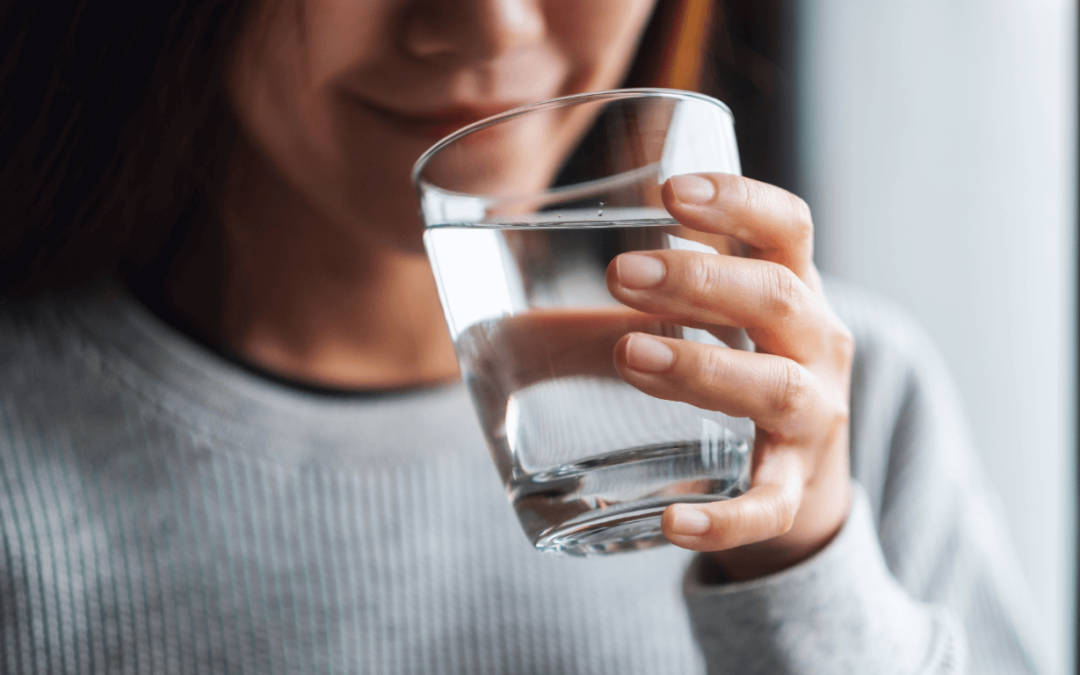Water is life’s most basic necessity yet; its role in health extends well beyond preventing mere thirst. Scientists now recognize the intricate ways hydration status influences core processes like blood sugar regulation. With metabolic conditions reaching epidemic scales globally, understanding water’s impact on glycemic control becomes pivotal.
In this blog, we analyze emerging science on water-glucose interactions and debunk common myths about it explaining mechanisms underpinning water’s assistance in blood sugar management.
Water’s Vital but Variable Role
Water constitutes over 60% of adult body weight with fluid balance crucial for homeostasis. But hydration needs and effects fluctuate significantly based on health state, climate and activities. Water may provide neutral, beneficial or even adverse effects on blood sugar markers depending on individual context.
For example, plain water clearly assists diabetes management as the optimal no-calorie beverage for thirst without spiking glucose or calories. However large volumes can potentially dilute sodium levels dangerously. Meanwhile, dehydration from restricted fluid intake may benefit glycemia control short term but causes detrimental outcomes longer term.
This variability means definitive conclusions on water-glucose interactions require nuanced evidence-based evaluation. Any universal declarations on water’s impact could propagate as misguided myths lacking context.
Fact or Fiction? Common Water Beliefs for Blood Sugar
Let’s examine some recurring opinions on hydration and blood glucose using latest scientific benchmarks:
“Drinking more water always lowers blood sugar.”
Fiction. While helpful for most people as a zero-calorie beverage, excess water intake can adversely lower electrolyte levels in diabetics or those on SGLT-2 inhibitors, causing temporary hyperglycemia from medication side effects. Outcomes differ based on individual health conditions.
“Dehydration from low water intake reduces glycemia.”
Partly Fact. Studies confirm even mild dehydration increases blood glucose and HbA1c levels as hydration state influences glucose homeostasis. Though lowering glucose levels short term when acutely dehydrated, persistent fluid restriction and thirst triggers rebound high blood sugar from stress responses.
“Increasing water intake reverses insulin resistance.”
Fiction. No evidence proves higher water consumption alone can reverse cellular insulin signaling dysfunctions driving resistance over the long run. However, even mild persistent dehydration worsens insulin resistance. Adequate hydration helps but is not curative.
As we see, declarative statements on water’s universality in managing blood sugar prove overly simplistic. The truth lies somewhere in the middle, with contextual and personalized guidance needed. A balanced approach is often the answer.
Holistic Approach to Blood Sugar Management: Hydration, Diet, Exercise, and Pep2Dia®
Managing blood sugar levels is crucial for maintaining overall health and well-being, particularly for those with diabetes or at risk of developing the condition. While there is no single solution to achieve optimal blood sugar control, a holistic approach that combines several key elements can be highly effective.
One of the most important factors in blood sugar management is staying properly hydrated. Drinking enough water helps to maintain the balance of fluids in the body, which is essential for various physiological processes, including glucose metabolism. Aim to drink at least 8 glasses of water per day, and more if you engage in physical activity or live in a hot climate.
In addition to hydration, eating a balanced diet is crucial for managing blood sugar levels. Focus on consuming whole, unprocessed foods that are rich in fiber, lean protein, and healthy fats. Avoid sugary drinks and snacks, as well as refined carbohydrates like white bread and pasta. Instead, opt for complex carbohydrates like whole grains, fruits, and vegetables, which provide sustained energy and help to stabilize blood sugar levels.
Regular physical activity is another key component of a holistic approach to blood sugar management. Exercise helps to improve insulin sensitivity, which allows the body to use glucose more efficiently. Aim for at least 30 minutes of moderate intensity exercise most days of the week, such as brisk walking, cycling, or swimming.
Finally, incorporating a natural supplement like Pep2Dia® into your routine can provide additional support for blood sugar management. Pep2Dia® is a bioactive peptide derived from milk protein that has been clinically shown to help reduce post-meal sugar peaks. By slowing down the absorption of glucose from the gut, Pep2Dia® helps to prevent sharp spikes in blood sugar levels after eating.
When combined, these four elements – hydration, a balanced diet, regular exercise, and Pep2Dia® supplementation – create a powerful, holistic approach to blood sugar management. By addressing the issue from multiple angles, individuals can optimize their glucose metabolism, improve insulin sensitivity, and reduce their risk of developing diabetes and related complications.
While each component of this approach is important, it is the synergistic effect of all four elements working together that provides the greatest benefit. By staying hydrated, eating well, exercising regularly, and incorporating Pep2Dia® into their routine, individuals can take control of their blood sugar health and enjoy a higher quality of life.

